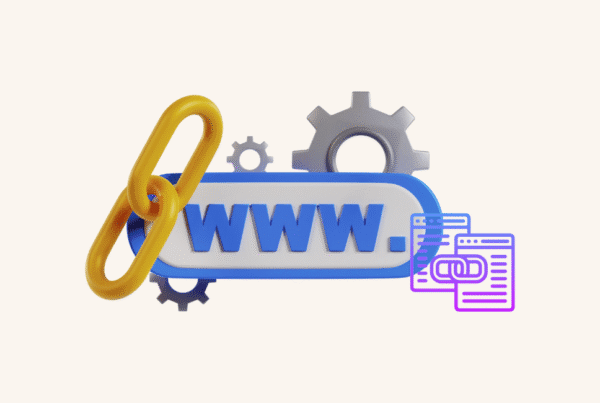Updated: 09 November 2023 • 5 minutes Read
When creating a blog or website, a critical decision is choosing your domain. You can use a “subdomain” from a service or get your own “custom domain.”
A subdomain adds characters to an existing domain, like “XXX.example.com.” It’s often free but limits your choices for the existing domain part.
A custom domain is unique, and you can choose any characters, making it easier to promote your website or blog. It can also provide advantages in terms of SEO but usually comes at a cost, which might make the decision uncertain.
In this article, we will explain whether there are methods to obtain a custom domain for free.
 How to obtain a custom domain for free?
How to obtain a custom domain for free?
Typically, getting a custom domain involves paying an initial registration fee and annual renewal fees.
However, it’s possible to get a free custom domain using this method: Getting it with a web hosting contract.
When launching a website or blog, many people go for plans with a web hosting provider. Depending on the provider, you can get a free custom domain as part of the deal. Some even cover domain renewal fees, making it free to use.
These free custom domains come from reputable providers, so they’re reliable. It’s a safe option, especially when compared to other methods. If you’re getting hosting for your website, consider services that offer free domain acquisition.
Note: There are services where you can get your domain for free, but it is not recommended to do so.
While services are offering free custom domains without getting a web hosting plan, it’s important to be cautious. Using such domains can be risky. Websites using them might suddenly become inaccessible or have their domains sold without notice as they gain more visitors.
Having a custom domain is vital when running a website or blog. Losing your domain can disrupt your online presence, and it takes time for visitors to adapt to a new domain. So, while free custom domains may sound appealing, the risks make them less advisable. Consider alternatives like getting a custom domain with a hosting contract for more stability and reliability.
 Points to note when acquiring a domain for free
Points to note when acquiring a domain for free
Obtaining a free unique domain with a hosting contract has various advantages. However, there are also some points to be aware of, so let’s explain in detail what you should pay attention to:
-
Ease of Management
When you get a unique domain through your hosting provider, they typically handle most of the technical aspects, making it easier for you to manage. You won’t need to deal with complex DNS configurations.
-
Cost Savings
Getting a free unique domain can save you money, as you won’t have to pay separately for domain registration.
-
Integration
The domain and server are often integrated, ensuring seamless compatibility between your website and domain.
However, there are some considerations:
-
Ownership
Check the terms and conditions of the domain registration carefully. Sometimes, when you get a free domain through your server provider, they may retain some control or ownership. Make sure you have the necessary rights and can transfer the domain if needed.
-
Renewal Fees
Confirm whether the domain remains free for the duration of your server contract. Some providers offer the domain for free initially but may charge renewal fees later.
-
Domain Transfer
If you decide to change your hosting provider in the future, ensure that you can transfer the domain to a different registrar without complications.
-
Support and Services
Evaluate the quality of support and additional services offered by your hosting provider. Sometimes, free domains come with limited support or features.
-
Domain Extensions
Free domains may be limited to specific domain extensions. Check if the extension you want is available for free.
In summary, while obtaining a free domain with your hosting provider has many benefits, it’s crucial to read the terms and conditions carefully, understand the domain’s ownership, and consider potential costs and limitations associated with the offer.
Topics: Domain
Don’t forget to share this post!


